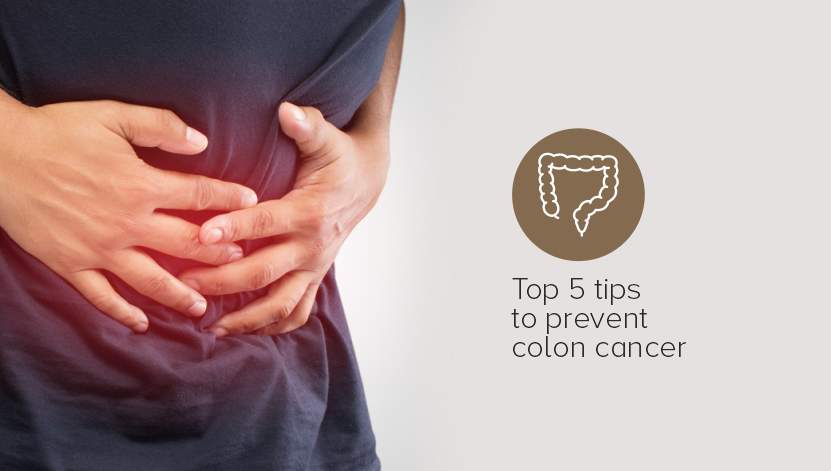Colon cancer, also known as colorectal cancer, is among the most commonly diagnosed types of cancer worldwide. It impacts the large intestine (colon), which is a vital part of your digestive system. However, the good news is that colon cancer can be preventable with the right lifestyle choices and regular screenings. Here are the top five evidence-based tips that could help lower your risk of developing this disease.
